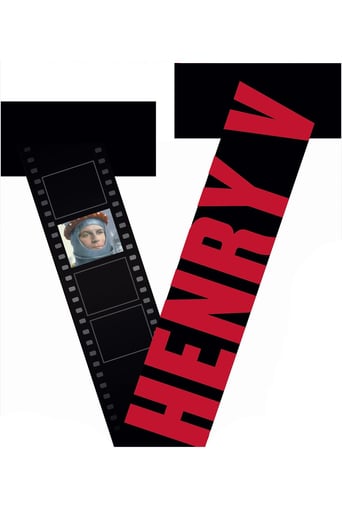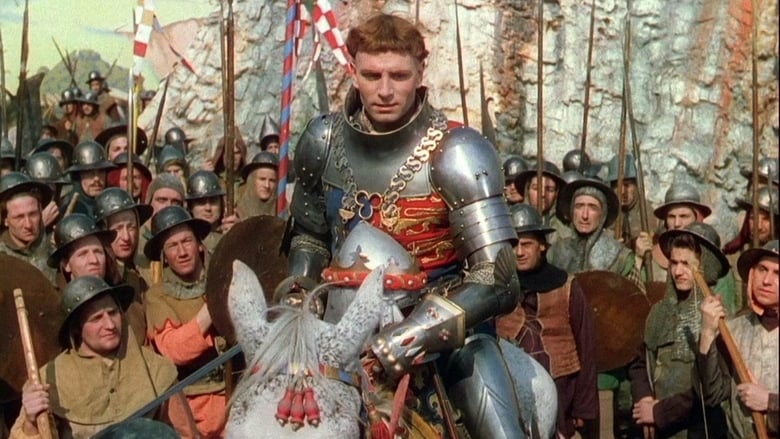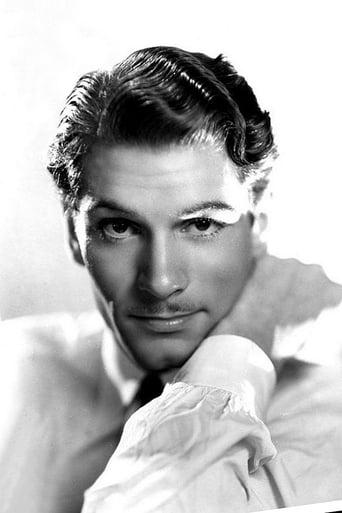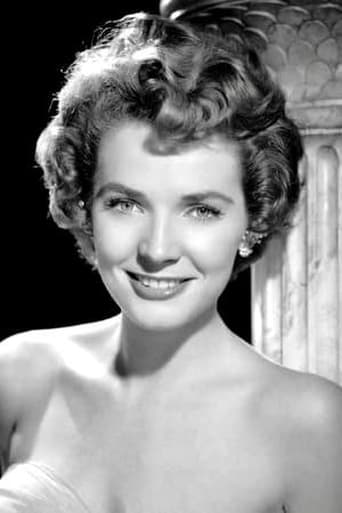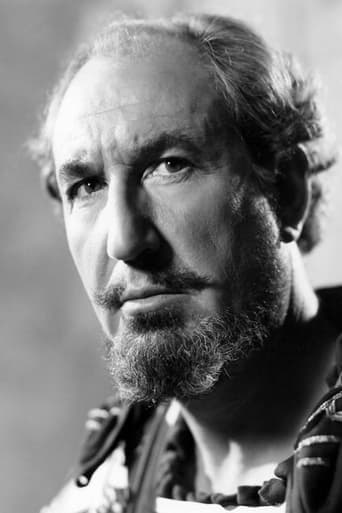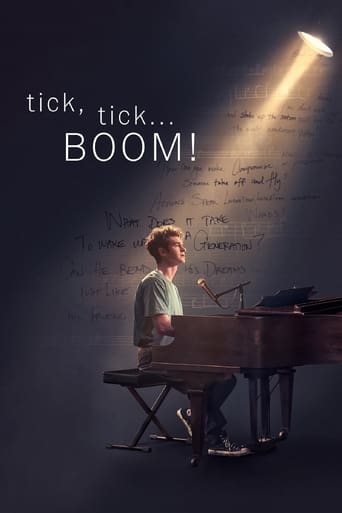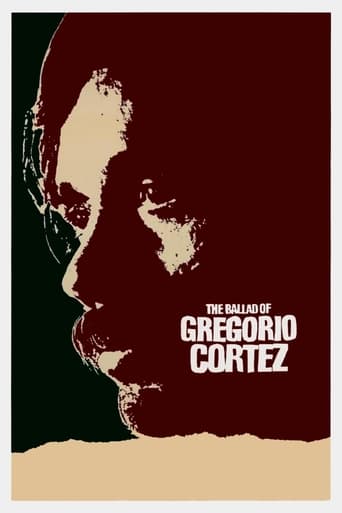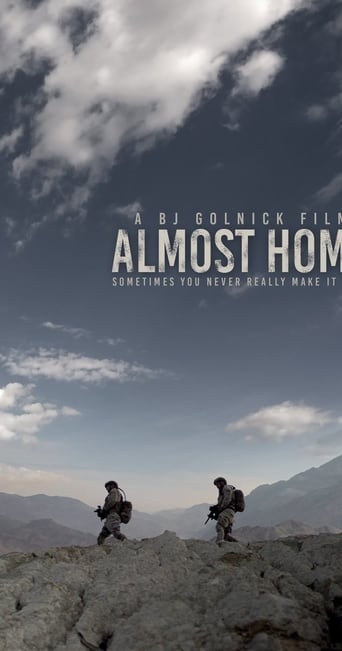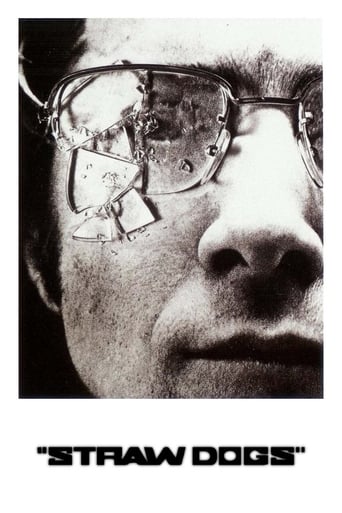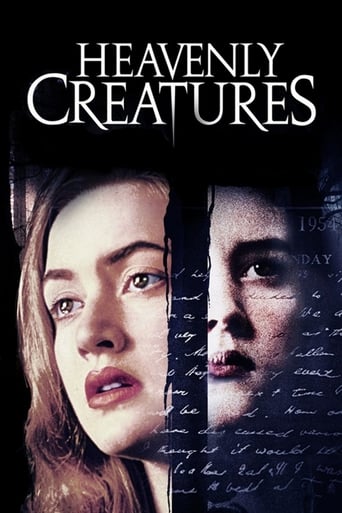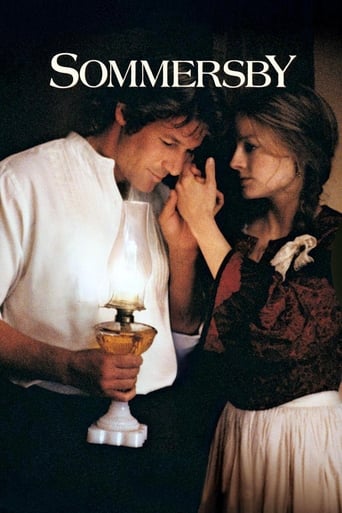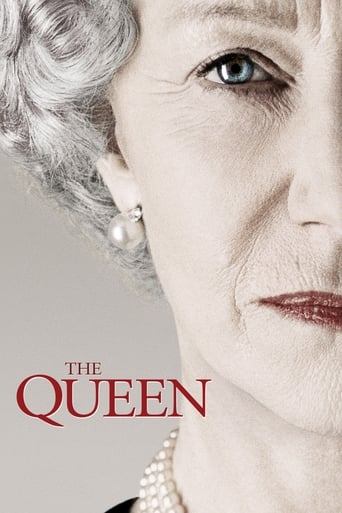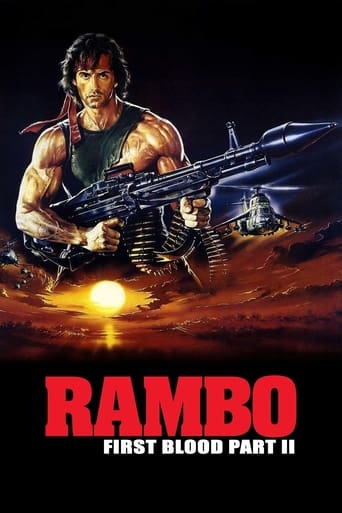Henry V (1944)
In the midst of the Hundred Years' War, the young King Henry V of England embarks on the conquest of France in 1415.
Watch Trailer
Free Trial Channels
Cast


Similar titles
Reviews
Wonderfully offbeat film!
Let's be realistic.
Absolutely the worst movie.
By the time the dramatic fireworks start popping off, each one feels earned.
This is a good film for the over 25 crowd. It is always good to see Shakespeare come to life as it did in this movie. The old English has life and feeling and spirit in this film. The actors did a good job in making the old English work. The sets and costumes looked great. It is amazing that the armor is aluminum painted wool. The movie must have lifted the spirits of the English as they were full into WWII. The movie was made in England during the war and one would never know it. All hail to the spirit of Laurence Olivier as he inspired those to follow him into battle. It must have been a good film for British morale. Thumbs up.
I had seen the Kenneth Branagh remake prior to this original, but I can see why this is considered a film to put in the book 1001 Movies You Must See Before You Die, from producer and debuting director Lord Sir Laurence Olivier. Based on the play by William Shakespeare, the film starts in London's Globe Theatre with the story of the film being seen as a play, with King Henry V of England (Oscar nominated Olivier) hearing that his country face war against France. Then after thirty minutes it goes into the epic cinematic mode where the youthful monarch proves his ability as a skillful leader and soldier for his army going to Agincourt. Henry and the French court try to bring peace, and he woos Princess Katharine (Renée Asherson) as he was betrothed to her anyway as part of the peace agreement, and all is settled in the end, going back to the play set-up. Also starring Robert Newton as Ancient Pistol, Leslie Banks as Chorus, Esmond Knight as Fluellen, Leo Genn as The Constable of France, Ralph Truman as Mountjoy - The French Herald, Harcourt Williams as King Charles VI of France, Ivy St. Helier as Alice, Ernest Thesiger as Duke of Berri - French Ambassador, Max Adrian as The Dauphin, Francis Lister as Duke of Orleans, Valentine Dyall as Duke of Burgundy, Russell Thorndike as Duke of Bourbon, Michael Shepley as Gower, John Laurie as Jamy, Niall MacGinnis as Macmorris, Felix Aylmer as Archbishop of Canterbury, Nicholas Hannen as Duke of Exeter, Robert Helpmann as Bishop of Ely, Freda Jackson as Mistress Quickly, Jimmy Hanley as Williams and George Robey as Sir John Falstaff. Both the direction and the leading performance by Olivier are very good, the idea of opening in the play format is quite clever, and the battle sequence is a good bit of spectacle for the slightly confusing dialogue, a colourful classic historical drama. It was nominated the Oscars for Best Art Direction-Interior Decoration, Best Music for William Walton, the Honorary Award for outstanding achievement as actor, producer and director for Olivier, and Best Picture. Very good!
I have never really considered "Henry V" to be one of Shakespeare's greatest plays. It lacks the philosophical depth and emotional power of the great tragedies or even of some of the other history plays, such as "Richard III". It is a play which mythologises an English king whose main achievement was to start an unnecessary war with France. As Shakespeare knew well, Agincourt was a great victory in the short term but a futile one in the long term. Henry's early death meant that his great ambition of uniting the French and English crowns was never realised; the United Kingdom of England and France remains one of the great might-have-beens of world history. Moreover, modern audiences might have another problem with this play. By modern standards (which were not necessarily the standards of either Shakespeare's day or of Henry's) the English were the aggressors in the Hundred Years War; even by mediaeval standards, Henry's claim to the French throne was by no means as clear-cut as Shakespeare imagined.Despite these difficulties, "Henry V" has been the subject of two of the greatest cinematic Shakespeare adaptations, this one and Kenneth Branagh's version from 1989. One reason is that it contains some of Shakespeare's most magnificent poetry and some of his greatest set-piece speeches, mostly put into the mouth of Henry himself. It is therefore a very tempting role for Shakespearean actors, especially those who can speak blank verse as naturally as Olivier or Branagh.The two films are very different in style. Branagh's naturalistic film emphasises the bloodshed and squalor of war; contrary to what is sometimes thought, mediaeval warfare was not necessarily more chivalrous, or even less bloody, than the modern version. (The bloodiest day in British military history, when some 26,000 were killed, was 29th March 1461, the date of the Battle of Towton during the Wars of the Roses). Olivier's film is highly stylised rather than naturalistic. The scenes set in England are presented as a re-enactment of how the play might have been performed at the Globe theatre during Shakespeare's own lifetime. The French scenes were shot against sets based upon paintings from the early fifteenth century, especially the work of the Limbourg brothers. The battle scenes are more realistic, but even these play down the elements of blood and cruelty.Olivier's film- the first which he directed- was commissioned by the British Government as a patriotic morale-booster during the Second World War. The decision to portray war as something glorious rather than bloody was therefore a quite deliberate one. A sharp contrast is drawn between the heroic Henry and his French counterparts. Those parts of Shakespeare's play which show Henry in a less favourable light, such as his order to kill the French prisoners, are omitted, apparently on the instructions of Churchill, who did not want the film's patriotic message to be clouded by moral ambiguities. The French King, Charles VI, is portrayed as a senile old fool, and his son the Dauphin Louis as not only an arrogant popinjay but also a sadistic brute who slaughters non-combatants such as the young boys in the English baggage train. Stress is placed on those scenes which show the English, Scottish, Welsh and Irish captains fighting together against a common enemy. (Shakespeare was probably looking ahead to the unification of the English and Scottish crowns under James I and VI, which was to take place a few years after his play was written; it is perhaps no accident that the Scottish captain is called Jamie).Of the two films I would- marginally- prefer Branagh's, which seems more relevant to a modern audience. Yet there is much about the earlier film which is of value even today. Some of the supporting performances are very good, especially from Harcourt Williams as the mad old Charles, Max Adrian as the Dauphin and Leslie Banks as the Chorus (who speaks some of the most poetic speeches not given to Henry). This is one of the few British films of the early forties shot in colour, and the colours are particularly vivid and jewel-like, making the film far more visually spectacular than Branagh's. Above all, this film gives the chance to later generations to see one of Britain's finest classical actors, at the peak of his powers, taking the leading role in a Shakespearean drama. 8/10
The term that comes to me most easily when describing Laurence Olivier is 'beautiful'; he is unquestionably beautifully-made both in feature and in body, and his voice is an instrument of controlled and flexible beauty, coupled to a face capable of eloquent and delicate precision -- to the degree that I could easily award him my favourite accolade and say in this respect that he could have been a silent actor. In fact, the technique in his Shakespearian films that I have most actively admired is that of the soliloquy in voice-over: sounds and thoughts alike at their most expressive, without the distracting mechanics of their production.And yet... and yet there is, so often, this "and yet". Even in the screen performances that are remarkable -- for by no means every one of them is great, or even good -- I keep finding myself watching, not the narrative, but the famous Olivier; not the character, but the proficiency of the technique. And somehow he seems to miss out on the charisma, the spark of human connection that a screen stalwart like Leo Genn can bring to a role without headline billing, only for a dawning realisation when the credits roll -- 'so that's why such a minor character stood out'... All too often in these films Olivier seems to be enacting the story opposite the other players rather than entering with them into the actual tale. It's unexpected, from one who was renowned on stage precisely for his ability to lose himself in his role."Henry V" was one of the films in this Olivier season that I found more than merely a curiosity, precisely because there are a number of sections where for me the story does take over; where King Harry becomes a character I care about rather than a piece of acting in the abstract. All the same I was unable to lose myself in it entirely: Olivier in declamatory mode ("Once more unto the breach", "St Crispin's day") is the Great Shakespearian, but not part of the film in the way of Harry moving quietly among his men at night, or charming his princess into their dynastic match in false French and broken English. Some of these more intimate scenes, however, are very good indeed. The shot that particularly stays in my mind is the wordless moment on the King's face as his soldiers speak unknowingly of the deaths that will lie at the door of their commander.Perhaps the most distinctive element of this production is the use of the Globe Theatre as a framing device, in conjunction and coupled with a quite deliberate deployment of obviously artificial scenery and perspective. From the opening diorama fading in to the 'live' theatre, the film blends three-dimensional stage sets with location shooting and flat manuscript-type illustrations, such that horsemen can leave a forced-perspective castle gate and ride up into a picture, or the camera roam seamlessly out from a painted set to a cottage yard by way of rows of vines across the page. The rationale was no doubt wartime economics, but the decision to make virtue of necessity and create a deliberately stylised look (that echoes -- yet is not the same as -- the staging at the Globe: witness the street-scene at the inn and then the 'real' version of it) is one that is more or less unique in my experience, and is an inspired choice. Instead of unconvincingly realistic scenery done on the cheap, we have an openly imaginary world conjured up as a stage performance starts to come to life. And what a performance...I first saw this film years before I ever attended London's new Globe Theatre: re-watching it now, the resonance is almost uncanny. When Olivier was filming, the Globe project wasn't so much as a gleam in Sam Wanamaker's eye -- and yet here it is, almost timber for timber as it looked and looks again today, with the same rowdy buzz, the same instrumental accompaniment, the same sellers of seats and snacks and rainwear (although nowadays it's cushions and plastic!) And when the actors step out onto the thrusting stage or the balcony at the Globe, and the groundlings stop munching their nuts and start to groan or applaud, the atmosphere is the one we see here. From thatch to tiring-chamber it works, as it did in Shakespeare's day -- speaking most literally of this cockpit, this wooden O -- and Olivier, fifty years in the past, evokes that same scene and spirit with an accuracy that delivers a shock of recognition. He couldn't possibly have known, other than theoretically: but he was right.

